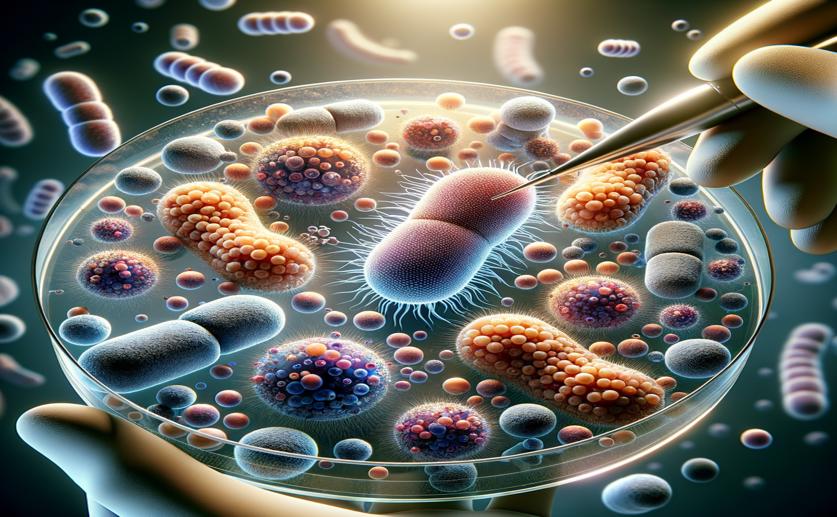
Unlocking the Potential of Microbes for Breaking Down Complex Sugars
Jenn Hoskins
28th May, 2024

Image Source: Natural Science News, 2024
Key Findings
- The study from Luxembourg Institute of Science and Technology explored the carbohydrate degradation potential of the Planctomycetota phylum
- Researchers identified a diverse array of carbohydrate-active enzymes (CAZymes) in Planctomycetota genomes
- These enzymes could enhance the efficiency of organic waste degradation, aiding in sustainable waste management solutions
References
Main Study
1) Comparative genomic analysis of Planctomycetota potential for polysaccharide degradation identifies biotechnologically relevant microbes
Published 27th May, 2024
https://doi.org/10.1186/s12864-024-10413-z
Related Studies
2) Bioconversion of organic wastes into value-added products: A review.
3) Defining functional diversity for lignocellulose degradation in a microbial community using multi-omics studies.
4) The carbohydrate-active enzyme database: functions and literature.



 16th April, 2024 | Jenn Hoskins
16th April, 2024 | Jenn Hoskins